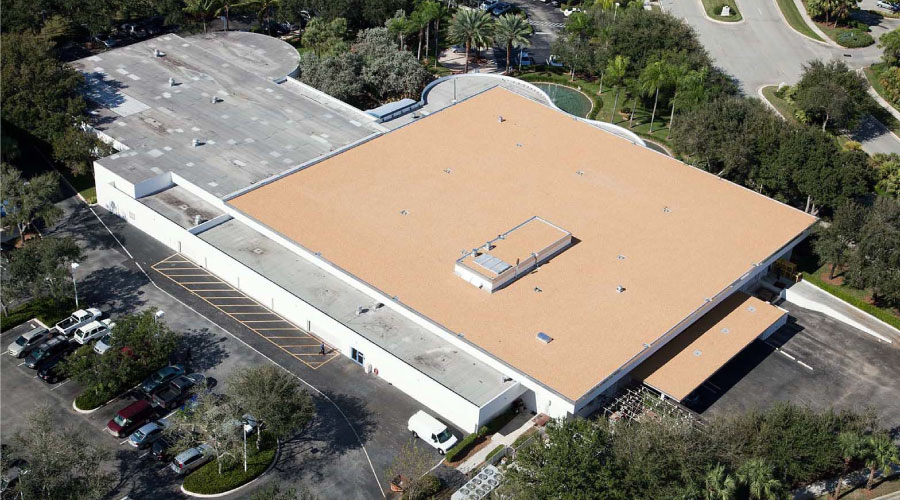How To Hire A Good Roofing Contractor
You have repaired and repaired the old roof and put off reroofing as long as possible, but now you absolutely have to replace this roof. Up to this point, you think you have done everything right. You somehow convinced the financial people that it is not economically feasible to continue to repair the old roof. And you hired an experienced roof consulting architect or engineer to prepare construction documents so you know that the roof you are installing will comply with code, meet your insurance requirements, and be compatible with the building construction and use. Now you have to find a good contractor. Following these five steps can help ensure you do so.
Ask For Recommendations
The first question: where should you start looking? No, it is not the Yellow Pages, Angie's List or roofers.com.
The place to start is with personal recommendations. Good sources include the consultant you hired to do the construction documents and the manufacturer of the roof system you are planning to use. Ask the manufacturer for its list of approved applicators in your local area. Be aware, however, that sometimes the contractors on the manufacturers' lists are the ones who install the largest amounts of the manufacturer's product, not necessarily the ones who do the best work.
Ask other facility managers for companies they have used in the past and whether they would hire the same contractor again on another project. If they say no or mumble and change the subject, there was probably a large enough problem with the installation that you wouldn't want to see it repeated on yours. Vendor members of organizations such as BOMA, IREM or IFMA are also possible bidders, but subject them to the same scrutiny as any other contractor.
Check the licensing board in your jurisdiction for contractors. Only consider roofers who appear on that licensing board list. Using unlicensed contractors can result in severe legal problems for the building owner.
If you are still short of possible bidders, then go to the search sites. If you are doing any sort of low slope roof, you should be looking for commercial roofers since they tend to do significantly more low-slope roofs than primarily residential roofers. Search Google, Bing, or Yahoo for "commercial roofing contractor" and your location (very important) and see who emerges.
Sort the possible bidders by the number of referrals that each one received and continue your investigations. The more referrals a contractor has, the more likely they are contractors you want to use. Weed out the losers by qualifying the members of the list.
Check Out The Candidates
The first step in qualifying contractors is to look at their websites. Is it strictly promotional, or is there information that can help with your project? This will give you a little insight into the mindset of the contractor — whether or not the company is there to try to help or is strictly for the money. Does the website have all of the relevant contact information, such as names, addresses, phone numbers, and email addresses? If there are reviews, read them but read them with skepticism. Usually only people who either love them or hate them will post reviews and, even then, the bad reviews seldom make it to the page.
Go to LinkedIn and read profiles of the company personnel. If employees other than the corporate ownership have profiles, take time to read those, since they will be the ones actually doing your work and you want professional, competent people with relevant experience.
Look at professional memberships and community service. These do not guarantee a quality roofer, but are indications of a commitment to the trade. Two national trade associations to look for are the National Roofing Contractors Association (NRCA) and the Sheet Metal and Air Conditioning Contractors National Association (SMACNA), but just as important are the state and regional associations such as Midwestern Roofing Contractors or Florida Roofing and Sheet Metal Contractors Association.
Related Topics:














